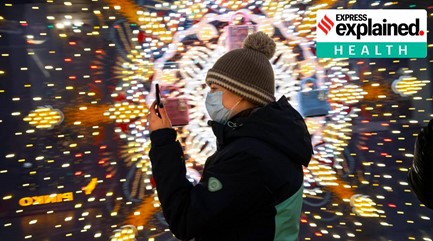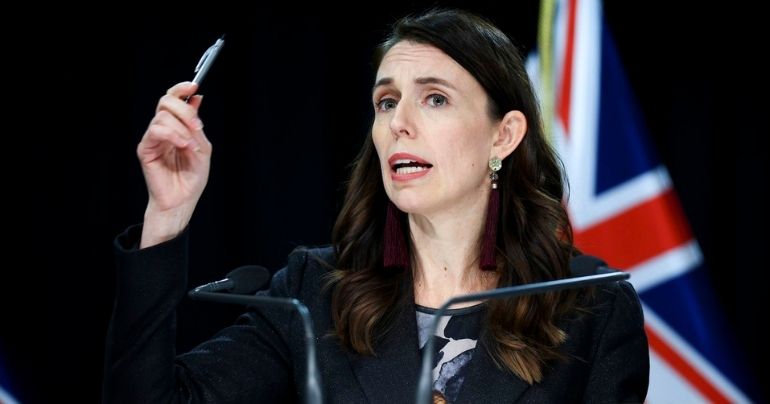Source: Indian Express
Days ahead of a large-scale inoculation campaign for the Covid-19 vaccine ‘Sputnik V’, Russian health officials are asking citizens to avoid alcohol for around two months.
The warning has not gone down well with a wide section of Russians, who believe the request is unreasonable. Some health experts fear that the extreme recommendation may even dissuade people from getting the vaccine.
The warning was issued by the country’s Deputy Prime Minister Tatiana Golikova, who in an interview urged all Russians to be extra cautious during the 42 days it takes for the Sputnik V vaccine to be effective.
“Russians will have to refrain from visiting crowded places, wear face masks, use sanitisers, minimise contacts and refrain from drinking alcohol or taking immunosuppressant drugs,” Golikova told News Agency TASS recently.
In an interview with Russian radio station Komsomolskaya Pravda, Anna Popova — the head of Russia’s consumer safety watchdog, Rospotrebnadzor — echoed the warning. Apart from urging people to stop drinking for 42 days after receiving the first of the two injections, she also asked them to abstain from alcohol for at least two weeks before getting inoculated.
Soon after Popova’s interview, Sputnik V vaccine’s developer, Alexander Gintsburg, contradicted her warning. “One glass of champagne won’t hurt anyone, not even your immune system,” he said in a tweet shared on the vaccine’s official Twitter handle, along with a picture of Hollywood actor Leonardo DiCaprio raising a glass of champagne.
But Gintsburg said it was important to avoid alcohol three days before and after the two injections, Reuters reported. He added that the advice would apply for all Covid-19 vaccines and not just the Russian Sputnik V.
Most health experts around the world have said that there is little evidence to show that a glass of wine or beer could interfere with a person’s immune response after getting vaccinated against Covid-19. Some have even suggested that extreme warnings, such as Popova and Golikova’s, could damage public health by deterring people from getting the vaccine in the first place.
While some studies have shown that excessive consumption of alcohol can damage the immune cells that line a human being’s intestines and thus affect their ability to fight bacteria and viruses, there is not enough research to show that alcohol can prevent a vaccine from producing an immune response.







Leave a Comment